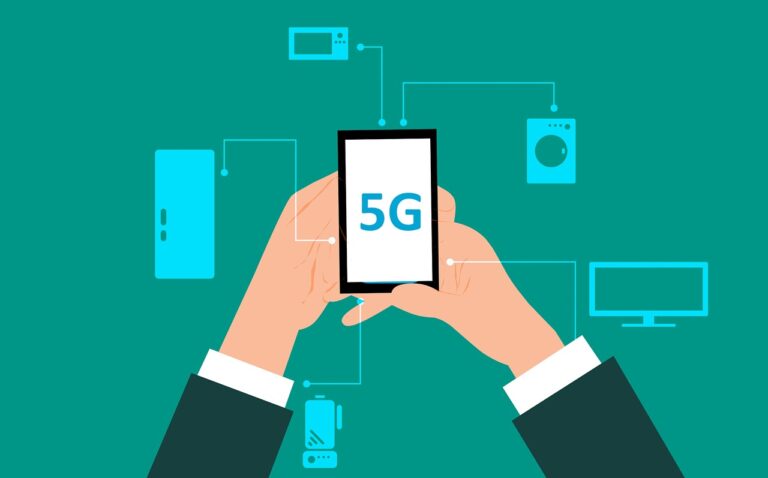Enterprises Leveraging Digital Technology Into Telecommunication Industry
Industry Insights | 21 April 2022 | Ratna Priya
The global scenario has seen a fundamental shift because of the introduction of new age digital technology, with industry after industry jumping on board the digital bandwagon. With a wondrous modification due to the advent of digital technology, there is no industry unaffected with its amazing outcomes. Needless to say, the telecom business has been affected as well. In the telecom industry, new business models have emerged because of combining the correct strategy and process design with digitization. Heading into 2021, it’s a clear observation that telecom industry has witnessed a mammoth change and is anticipated to evolve continuously.
Let’s highlight few ways Telecom companies can leverage digital technologies.


Smart metering
Smart Meter Systems are electronic measurement devices that exchange information to bill customers and control their electric systems by delivering data wirelessly. They are based on the Advanced Metering Infrastructure, which is a two-way communication and data system (AMI).
The advanced billing requirements of today’s businesses, as well as the plethora of benefits that a smart metering system provides, such as improved outage restoration and lower estimated billing and billing errors, have paved the way for smart metres to become the one-stop billing solution for a wide range of consumer segments.
IoT-enabled infrastructure management
According to Gartner, the Internet of Things (IoT) will grow by 30% in 2016, to 6.4 billion linked devices. In terms of infrastructure management in telcos, IoT plays a critical role. It acts as an intelligence platform, allowing for significant energy savings and a better working environment. Unlike the previous strategy of devices working in isolation, the Internet of Things (IoT) provides a unified console for managing multiple devices connected across the telecom network in an integrated manner.
Digital VAS (Value Added Services)
Consumers may now explore digital content relating to information, services, news, entertainment, and much more through an upgraded single-window experience provided by telecom service providers. The field of digital VAS is currently evolving to provide solutions to meet the needs of each end user. Digital infotainment, mobile advertising, and mobile TV, among other things, are displacing traditional SMS-based value-added services.
Outage Management Systems
In today’s telecom business, modern digital outage management systems can precisely forecast the amount and duration of outages, raise alarms, compute expected restoration timelines, and manage crews assisting in restoration. They combine the functions of a geographic information system (GIS), an automatic metre reading (AMR), and an interactive voice response (IVR) to predict outages effectively.
Unified User Profiling
It enables telecom providers to create a unified platform for analysing massive amounts of consumer data using analytical engines. Customer relationship management, customer segmentation, adopting business practises to impact customer behaviour in specific segments, and managing the full client cycle from customer acquisition to customer retention are all areas where it plays a critical role.
Business Intelligence
Telecom companies use business intelligence systems for reporting, dashboards, and analytics, which include capabilities like predictive analysis, data mining, forecasting, and optimization. The use of business intelligence in telecoms helps to improve core operations, analyse market trends, and make projections. It can also be used for product development, financial asset management, campaign analysis, and service fulfilment, among other things.
The concept of digital revolution is fuelling the changes we are seeing in the world. Telecom businesses have made significant progress in digitising their operations, allowing them to introduce new products, services, customer groups, and geographies, as well as cultivate a culture of long-term growth and create new corporate business models. Going digital has provided telecom with a wealth of options to evolve into a truly new-age industry. With adoption of automation technology, multichannel approach and customization services, telecom operators are creating great customer experience to enhance asset utilization. Indeed, technology has the potential to improve people’s lives thereby providing new chances for businesses to develop and produce new products.
Who We Are
ITOne Infotech headquartered in Pune is an entity of One Group of Companies. We are a one-stop destination for all your ITSM needs, envisioned to rank as a top managed service provider with global footprints.
Supported Industries
Address
kundan Bhavan, Kundan Nagar, Mumbai-Pune Road, Dapodi, Pune 441012 Maharashtra (IN)




















